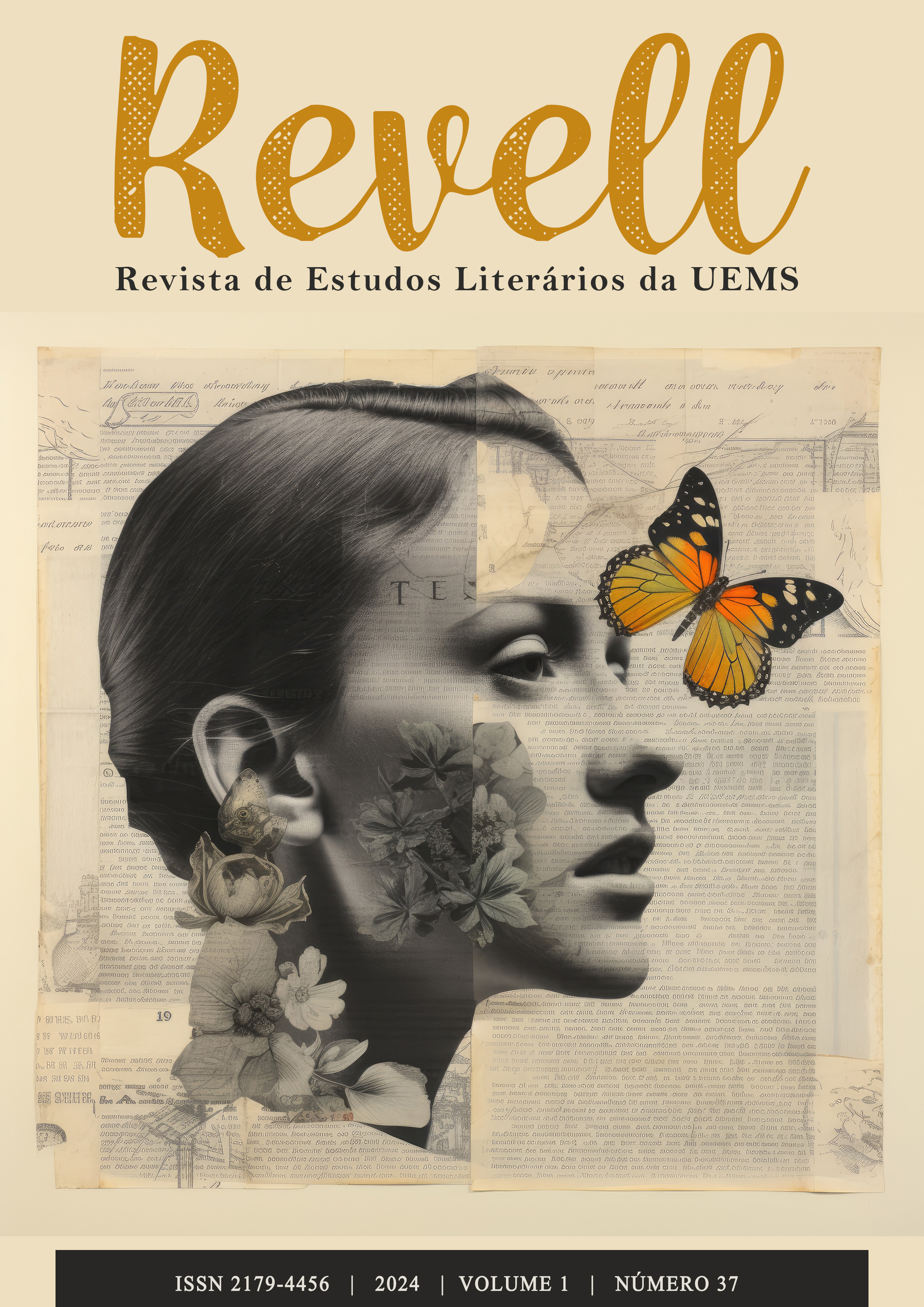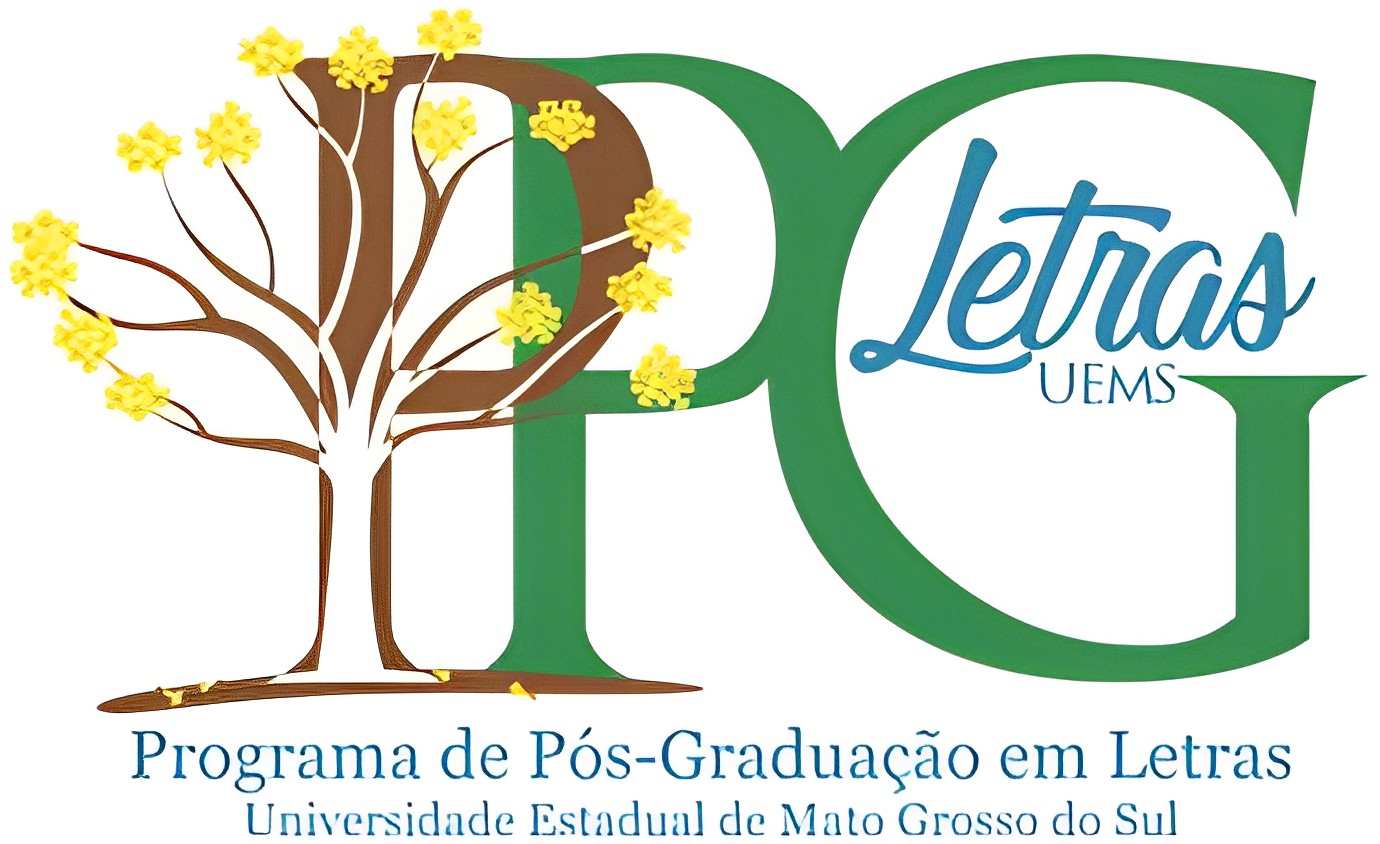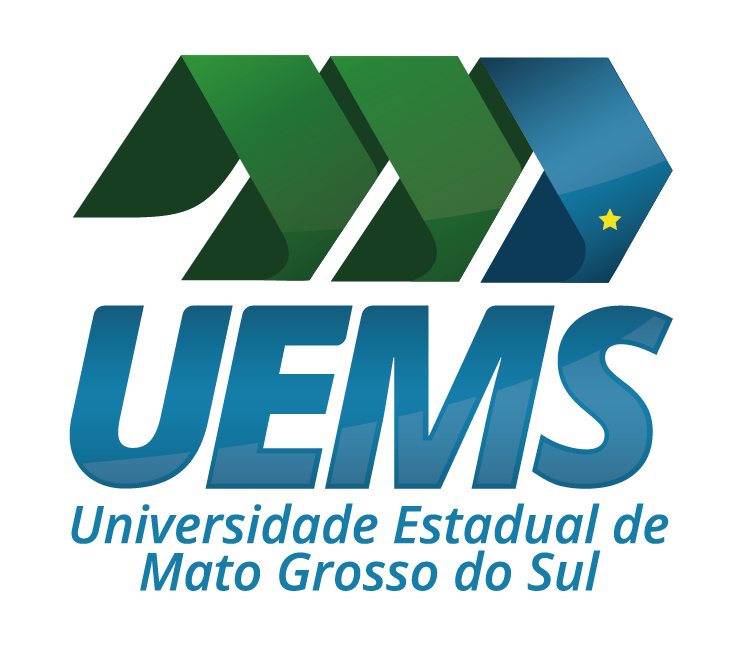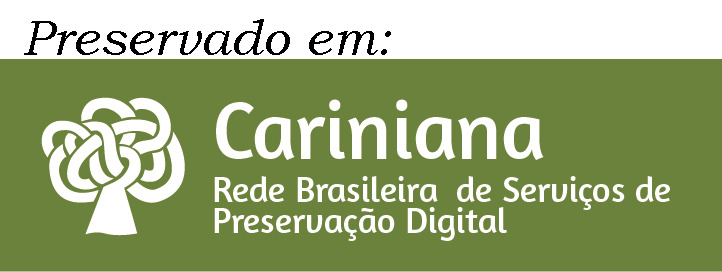Words in the drawer
(un)reasons and addressees in the genesis of a diary
DOI:
https://doi.org/10.61389/revell.v1i37.8230Keywords:
Diary, Memory, Fiction, Novel, Literary creationAbstract
The purpose of this article, of an essayistic nature, is to raise reflections on the impulses that permeate the writing of a personal diary, combining memories, hypotheses and readings, in order to also think about who the possible readers of the genre are and the relationships between the Self and the Other that are made through words. Carla Piazzi's novel Luminol was used as the central corpus for analysis, given its structure and content, as well as an interview with the author about the relationship between life and work in the narrative; but also reports made by other writers about their creative processes and some concepts from psychoanalysis. The article also proposes an appreciation of experience as a material for creation and looks at the dichotomies between showing oneself and hiding oneself, the individual and the universal, the private and the collective, reality and fantasy; as well as the strategies, conscious or not, that we use to make sense of existence and deal with the multiplicity, dissociation and restlessness that exist in each of us.
References
ADORNO, Theodor W. O ensaio como forma. In: Notas de literatura. Trad. Jorge de Almeida. São Paulo: Editora 34, 2006. (p. 15-45)
CZEKSTER, Gustavo Melo. A nota amarela: seguida de “Sobre a escrita – um ensaio à moda de Montaigne”. Porto Alegre: Zouk, 2021.
FERRANTE, Elena. As margens e o ditado: sobre os prazeres de ler e escrever. Trad. Marcello Lino. Rio de Janeiro: Intrínseca, 2023.
FRANK, Anne. O diário de Anne Frank: edição integral. Trad. Ivanir Alves Calado. Rio de Janeiro: Best Bolso, 2014.
FREUD, Sigmund. O inquietante. In: História de uma neurose infantil (“O homem dos lobos”), Além do princípio do prazer e outros textos (1917-1920). Trad. Paulo César de Souza. São Paulo: Companhia das Letras, 2010. (p. 248-311)
FREUD, Sigmund. O poeta e o fantasiar. In: Arte, literatura e os artistas. Trad. Ernani Chaves. Belo Horizonte: Autêntica, 2021. (p. 53-64)
GARCÍA MÁRQUEZ, Gabriel. Como contar um conto. Trad. Eric Nepomuceno e Maria do Carmo Brito. Rio de Janeiro: Casa Jorge Editorial, 1997.
KAFKA, Franz. Diários: 1909-1923. Trad. Sergio Tellaroli. São Paulo: Todavia, 2021.
MCKEE, Robert. Story: substância, estrutura, estilo e os princípios da escrita de roteiro. Trad. Chico Marés. Curitiba: Arte & Letra, 2006.
MONTERO, Rosa. A louca da casa. Trad. Paulina Wacht, Ari Roitman. Rio de Janeiro: HarperCollins Brasil, 2016.
MORLEY, Helena. Minha vida de menina. São Paulo: Companhia de Bolso, 2016.
PIAZZI, Carla. Luminol. São Paulo: Incompleta, 2022.
PIAZZI, Carla. Rastros no escuro: um relato de Carla Piazzi sobre o romance Luminol. Recanto da Prosa, 2023. Disponível em <https://www.recantodaprosa.com/post/rastros-no-escuro>. Acesso em 25/08/2023.
RILKE, Rainer Maria. Cartas a um jovem poeta e A canção de amor e morte do porta-estandarte Cristóvão Rilke. Trad. Paulo Rónai e Cecília Meireles. São Paulo: Globo, 2013.
ROUSSEAU, Jean-Jacques. Confissões. Trad. Rachel de Queiroz, José Benedicto Pinto. Bauru: EDIPRO, 2008.
SARTRE, Jean-Paul. As palavras. Trad. J. Guinsburg. Prefácio de Fabio Caprio Leite de Castro. Rio de Janeiro: Nova Fronteira, 2018.
SOUZA, Ricardo Timm de. Escrever como ato ético. In: Ética do escrever: Kafka, Derrida e Literatura como crítica da violência. Porto Alegre: Zouk, 2018.
TOLKIEN, J. R. R. Sobre contos de fadas. In: Árvore e folha. Trad. Ronald Eduard Kyrmse. São Paulo: Editora WMF Martins Fontes, 2013.
Downloads
Published
How to Cite
Issue
Section
License
Copyright (c) 2024 REVELL - UEMS JOURNAL OF LITERARY STUDIES

This work is licensed under a Creative Commons Attribution 4.0 International License.
DECLARAÇÃO DE ORIGINALIDADE E EXCLUSIVIDADE E CESSÃO DE DIREITOS AUTORAIS
Declaro que o presente artigo é original e não foi submetido à publicação em qualquer outro periódico nacional ou internacional, quer seja em parte ou na íntegra. Declaro, ainda, que após publicado pela REVELL, ele jamais será submetido a outro periódico. Também tenho ciência que a submissão dos originais à REVELL - Revista de Estudos Literários da UEMS implica transferência dos direitos autorais da publicação digital. A não observância desse compromisso submeterá o infrator a sanções e penas previstas na Lei de Proteção de Direitos Autorais (nº 9610, de 19/02/98).




















